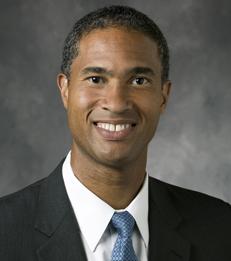Opinion
Economists Need to Analyze and Explain, Don’t Prognosticate
—


Economists deserve more authority, but only if they avoid short-term predictions and behave like historians, not meteorologists.
By Peter Henry
Because the economics profession failed to predict the financial crisis in advanced nations, critics claim that economists have little practical use and wield too much influence. In fact, the opposite is true. We need economists’ thinking now more than ever — provided we match the tools of economics to the proper task.
Economists who tailor their advice to ideology rather than reason earn their maligned status, contributing more noise to a political echo chamber. But economists also fail when they attempt to predict short-term business cycles, a task for which the discipline is ill equipped. By trying to time booms and busts the way meteorologists forecast weather, a handful of economists have generated unrealistic expectations about what they can and should do. Little surprise, then, that we’re caught in a public shouting match over why few, if any, economists called the end of the Great Moderation.
The dismal science works when economists adopt a modest stance and ply their craft as a forensic tool, using history and data to separate cycle from trend and demonstrate the power of sustained commitment to markets. Viewed through the longer-term lens of history, the most important economic event of the last three decades is not the unanticipated demise of the Great Moderation, but the turnaround that occurred in developing countries once their leaders adopted the advice of economists.
Read full article as published in The New York Times
___
Peter Henry is the Dean of the Leonard N. Stern School of Business, Dean Richard R. West Professor of Business and William R. Berkley Professor of Economics & Finance.
